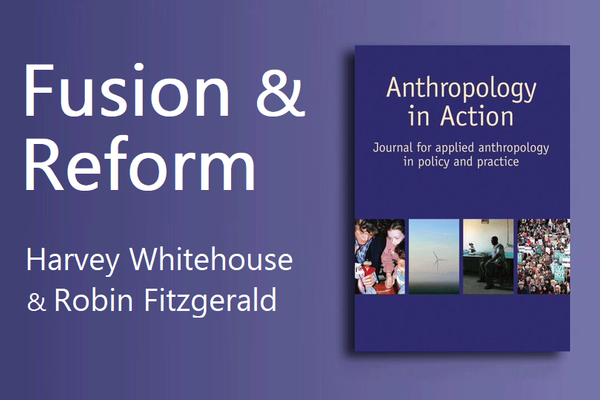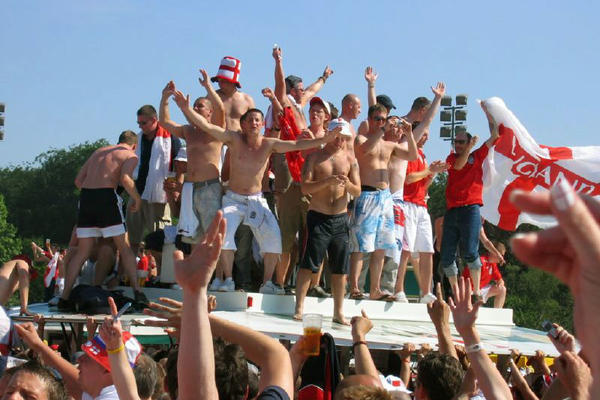Does football fandom provide the path to desistance?
move to slideshow movement controls
 Pause slideshow
move to slideshow content
Pause slideshow
move to slideshow content
Overview
The passions of football fans are well known and the destructive effects of hooliganism notorious. Researchers at the CSSC have been studying the psychology behind football fandom and exploring ways of channelling cohesion among supporters to support peaceful, law-abiding forms of prosocial action. Our findings suggest that far from social maladjustment causing football violence, social cohesion is at the heart of the trouble, moderated by perceptions of threat. We have also learned that losing has a more powerful and enduring bonding effect on fans than winning, due to the transformative power of these experiences. Putting these and other findings together, our aim is to build interventions that could reduce soccer-related violence and harness cohesion among fans in more positive ways.
Making a difference
CSSC researchers have teamed up with The Twinning Project which is bringing together professional football clubs and prisons across the UK. The aim is to understand how football can act as a catalyst for change among ex-prisoners. The inspiration behind the Twinning Project is David Dein, who served as vice chairman of the Football Association and of Arsenal Football Club. Dein believes that football can help rehabilitate offenders by offering them skills in coaching, refereeing and conflict resolution. CSSC researchers are investigating whether it can also be used to build lasting alignments with law-abiding groups and values, as well motivating receiving communities to help ex-prisoners in their determination to get back into the fold.












